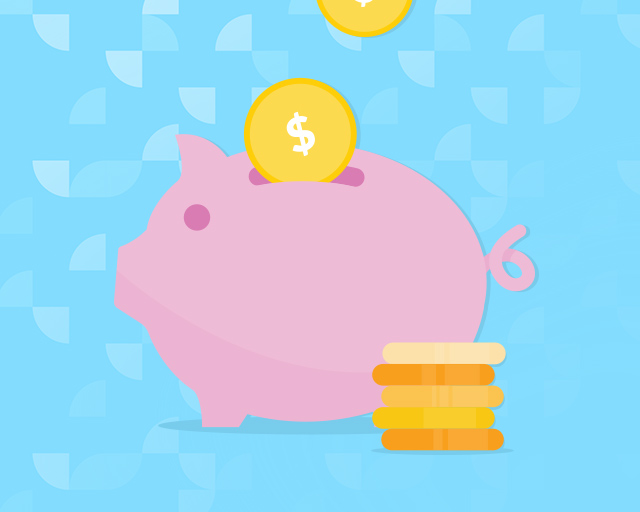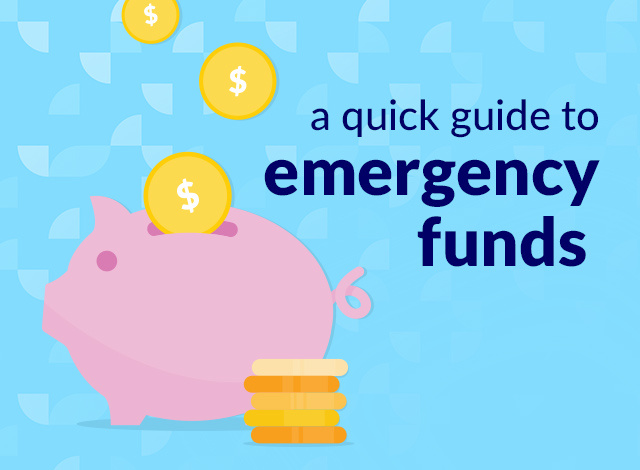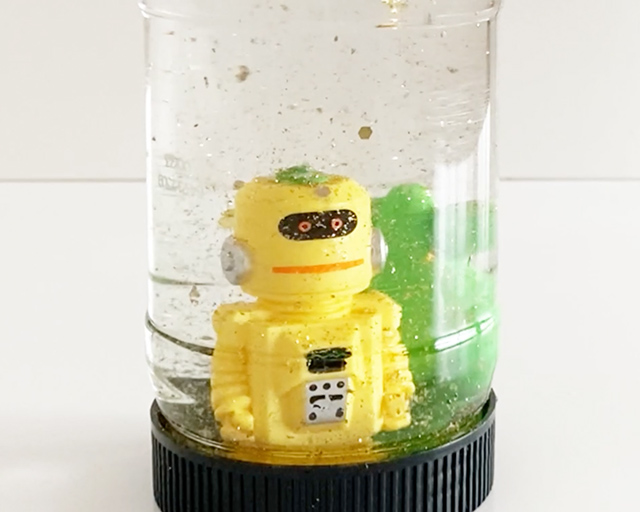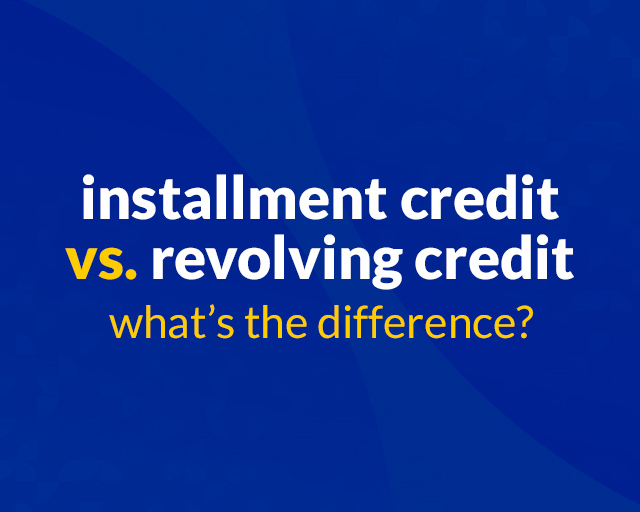

Sometimes, the unexpected happens. It can be anything from an accident that requires medical care to an unforeseen layoff. These events can become very costly very quickly, but an emergency fund may help alleviate some of that financial stress.1 Not sure what an emergency fund is? That’s okay. We’re here to explain what it is and how to get one started.
what is an emergency fund?
In the simplest terms, an emergency fund is money you set aside in case an emergency happens.2 We all have different definitions of what counts as an emergency, but an emergency fund should help cover unplanned expenses. Reasons to use an emergency fund range from home/car repairs to medical bills to a loss of income.
how much to save in an emergency fund
Emergency funds will vary in size due to differences in income and monthly expenses. Experts tend to recommend having enough money in your fund to cover between three to six months’ worth of essentials. These essentials can include things like rent/mortgage payments, utilities, bills, childcare, groceries and more.3
If saving that much feels overwhelming right now, that’s okay. Starting your emergency fund out with a smaller goal that you can build upon is perfectly fine. As long as you save a little bit each month, you’ll have something set aside to help when you need it.
where you should keep your emergency fund
When setting up your emergency fund, it’s important to keep that account separate from the account you use for everyday expenses. This will help prevent spending any of that money on things you didn’t intend it for.
Here are two places to consider keeping your emergency fund.
a high-yield savings account
This type of savings account can help you earn more on the savings you put into it. A high-yield savings account can be opened at a credit union, online bank or your local bank.2
a money market account
If you want your emergency fund account to offer check-writing privileges as well as high interest rates, consider a money market account. These types of accounts may require an initial deposit and for you to maintain a minimum balance.2









